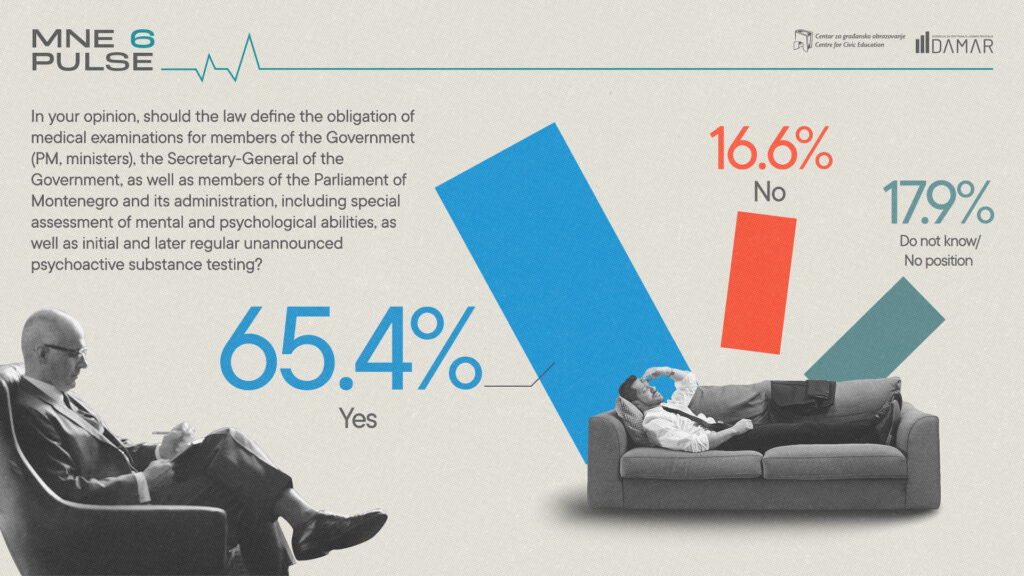Centre for Civic Education (CCE) has been emphasizing the necessity of adopting the Government Act for over a decade, which all ruling structures, despite their numerous differences, have been avoiding. Montenegro remains the only country in the region without a legally regulated composition, mandate, procedures, and decision-making framework for the Government, as well as specific issues regarding its functioning, such as when it operates in a technical mandate. This creates significant room for partisan bargaining, continuously undermining the needed professionalization and rationalization of the administration.
Nearly three years ago, a working group was formed to draft this legislative text. Efficient work was expected, but the text is still in the harmonization phase at the Secretariat for Legislation, with announcements from the relevant Ministry of Public Administration that it will be sent to the European Commission for opinion afterward. The CCE reminds that one version of this text received an opinion from the Venice Commission (VC), but it remains unknown whether the VC’s recommendations have been adopted by the Government. Additionally, the CCE points out that the public has also been deprived of information on the extent to which suggestions received during the public consultation in 2022 were incorporated.
CCE emphasizes also the need for the Law on Government to mandate medical examinations and assessments, as well as tests for psychoactive substances for members of the Government, including the Prime Minister, ministers, the Secretary-General, and appointed members of the cabinets. This initiative, which we have been advocating for years, enjoys strong public support.
Findings from CG Pulse, a joint research initiative of the CCE and the Damar Institute, indicate that 65.4% of citizens support mandatory medical examinations for senior public officials in the executive and legislative branches, including specific testing of mental and psychological capacity for performing these functions, followed by regular unannounced testing for psychoactive substances. Only 16.6% of citizens expressed a negative opinion about this initiative, while about 18% were undecided. These data are from the fall of 2022, and we believe that public support for this initiative has grown since, as its justification has been demonstrated many times over.
The necessity of such checks stems from the need to ensure responsible management of public affairs and to prevent the abuse of power by senior public officials due to lack of their resilience or lack of competence, as well as to strengthen public trust in institutions.
The CCE holds the position that the adoption of the Law on Government, as well as the equally necessary Law on Parliament, is not merely a technical matter but a reflection of the readiness of political actors to commit to transparency, accountability, and the limitation of political arbitrariness. In the existing legislative vacuum, Montenegro continues to operate in an environment that is widely exploited by those who should demonstrate the highest level of responsibility, thereby undermining the democratic consolidation of society.
The CCE calls on all relevant actors to prioritize the drafting and adoption of the Law on Government and the Law on Parliament to establish an appropriate balance of power and accountability in line with the public interest.
Nikola Đurašević, Programme Associate

